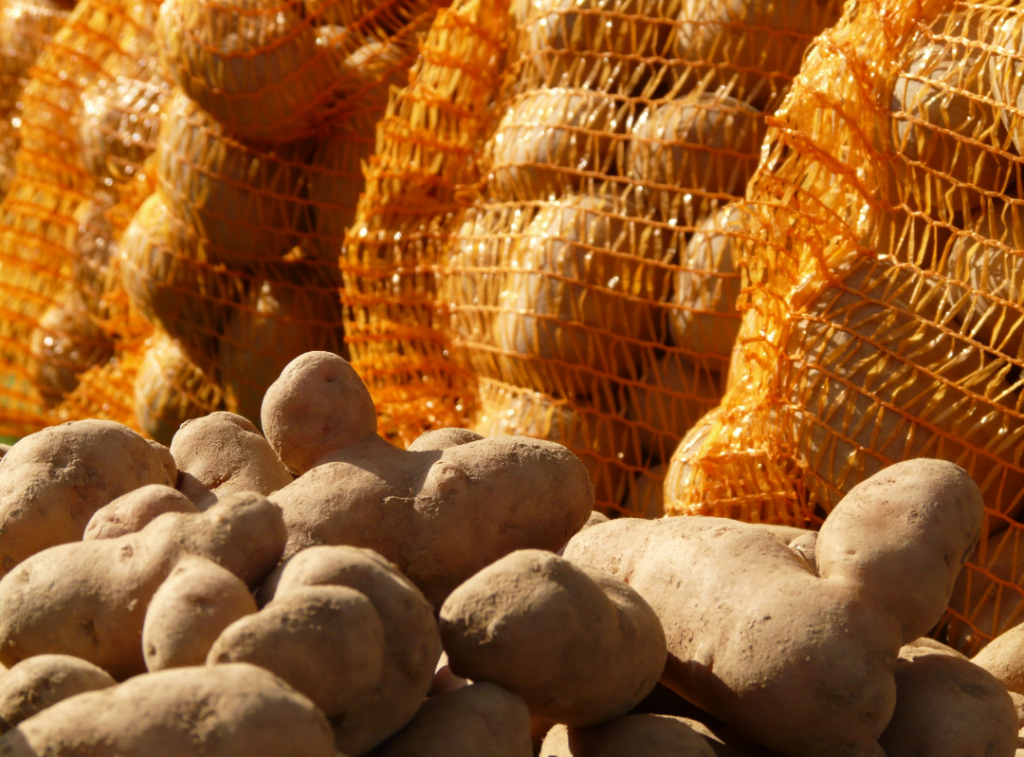As the days get longer, it is likely that many amateur athletes have more time to devote to their sporting activities. As the volume of training increases, it becomes even more important to replenish the energy spent during the hours spent running, in the pool, riding the bike, in the gym or on any playing field.
We have spoken on several occasions with the experts from the Mapei Sport Research Centre about how to feed and rehydrate before, during and after the exercise. This time they share with us the results of a study published in the Journal of Applied Physiology in which a mashed potato was compared with commercially available carbohydrate-based energy gels.
Potato ingestion is as effective as carbohydrate gels to support prolonged cycling performance brought together 12 cyclists in a 2-hour time trial in which some were fed a mashed potato and others were fed carbohydrate-based energy gels. Research director Nicholas Burd stated that the aim of this study was to expand and diversify the food options that athletes can consume during training and racing, compensating for so-called ‘taste fatigue’. The main conclusion of this 2019-dated paper is that cyclists can use everyday food as a source of carbohydrates and get the same benefits as consuming energy gels, but in reality this is not really the case.

That potatoes have a high glycaemic index, that they contain carbohydrates that are quickly assimilated and also made available to the muscles, is not a recent discovery, far from it. An athlete from the legendary Team Mapei was in some ways a forerunner of this study. During his professional career from 1991 to 2007, Stefano Zanini habitually ate potato canapés during the first part of the race, which he had specially made by a friend who was a pastry chef. «I can assure you that they went like hot cakes, Johan Museeuw and the other Belgian teammates were fond of them. When it came to eating, I was always ‘too much ahead’, that was my problem» recalls with a smile Zazà, winner of an Amstel Gold Race, a Paris-Brussels, two stages in the Giro d’Italia and one in the Tour de France.
Curiosity aside, to provide around 60 g of carbohydrates per hour, which is an average amount even for amateurs, in this time we would have to eat around 500 g of mashed potatoes, a quantity that is clearly unsustainable for our stomachs as well as impossible to carry around. Moreover, in order to increase the carbohydrate intake to the more competitively useful value of around 90 g per hour, we would still have to combine the mashed potatoes with fructose and prepared bottles containing it. Therefore, it is much better and easier to resort to the usual and practical bottles of maltodextrins and fructose.